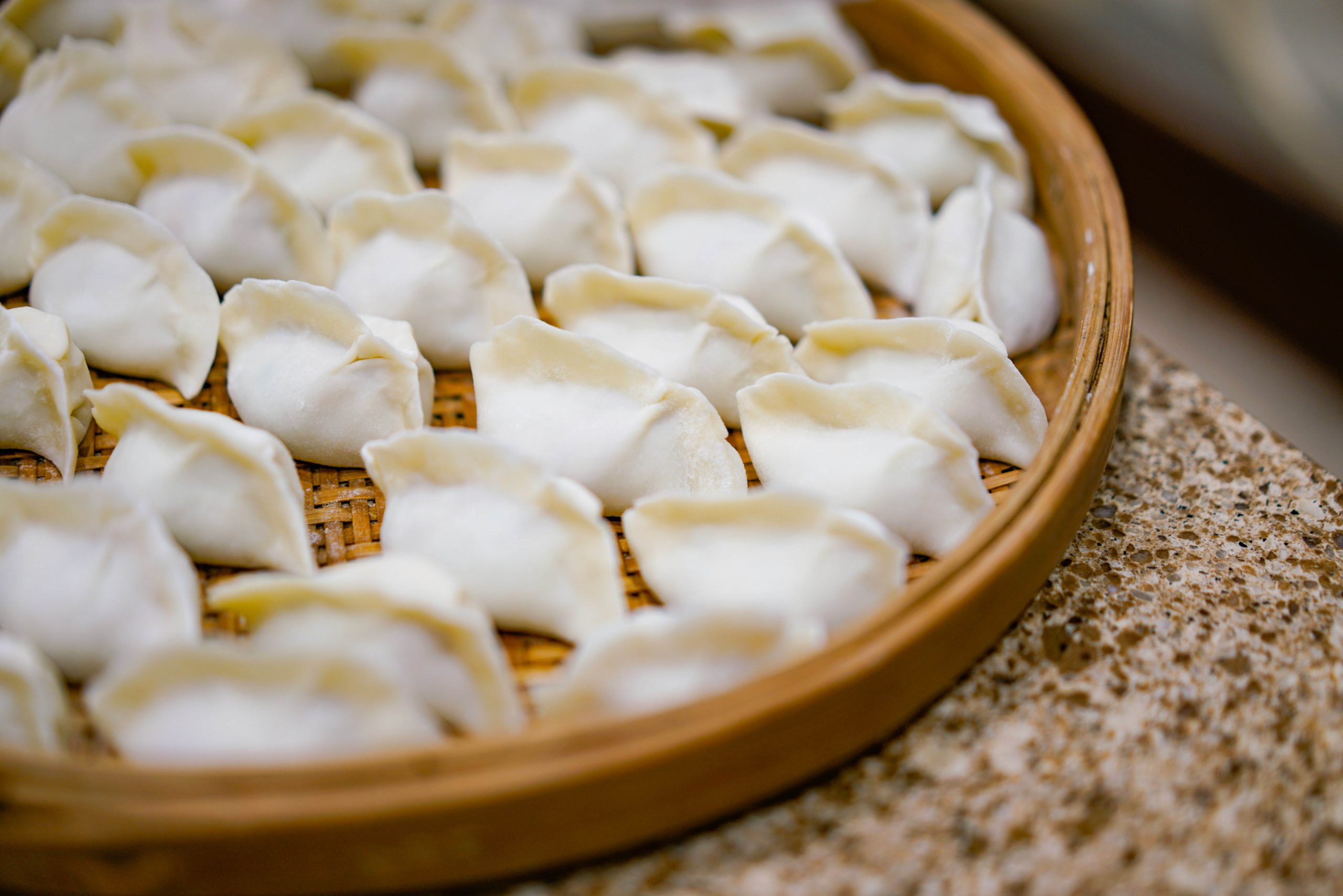As the jeep drove off and Junha Park’s The Town started playing, I knew I’d never look at snow the same way again. Mr. Plankton is the third K-Drama I’ve watched this year, and it had me bawling from start to finish. Without spoiling anything, it encapsulates a messier side of love while still embracing familiar tropes—the slow-burn romance, the infamous love triangle, and the long-awaited first kiss after several episodes of tension. What I love most about K-Dramas is how they romanticize the mundane. Small gestures, like making someone a meal or waiting in the rain, carry as much weight as any dramatic confession. The focus shifts from grand, performative love to the quiet, everyday ways people show they care.
I don’t mean to sound prudish, but Western media tends to put a lot of emphasis on the physical side of love. Not that K-Dramas never go there—Nevertheless is a perfect example of a drama where physical attraction is front and centre. But even then, it still wraps up with that classic feel-good ending. In Western media, passion and intensity are often tied to physicality, whereas K-Dramas manage to build just as much tension while making us wait for the first kiss. And after that? It’s still mostly handholding and hugs over steamy make-out scenes. It shifts the focus to the emotional and romantic aspects of love rather than racing to the physical. While Western narratives tend to rush into relationships, Korean dramas emphasize restraint, longing, and deep emotional bonds before love is declared. One approach is not better than the other, but the contrast highlights how media can shape our expectations of love based on cultural norms.
For me, this distinction is deeply personal. I’ve never been the biggest fan of strictly romantic media. Rom-coms often feel reductive or predictable—but I can’t pretend media hasn’t influenced my own expectations. It’s not that I’m against the physical—it’s just that my own experiences have made me hyper-aware of it. Whether it’s unsolicited messages or getting ghosted the second I say I’d rather take things slow, seeing love unfold differently on screen is a breath of fresh air and very relieving.
That said, K-Dramas, like any media, aren’t without their flaws. At the end of the day, their goal is to create drama, whether that’s through wild plot twists or even problematic relationships. Dramatic grand gestures, longing gazes, and near-perfect partners create a fantasy that might not always align with reality. Yet, all media—from classic romance films to love songs and literature—shapes how we understand and seek love. And that makes me wonder – when so many people define love based on what they see on TV or read in books, do we even know what love looks like outside of fiction? Would we recognize it? Or are we so caught up in chasing the “perfect romance” we’ve been sold that we don’t see the red flags right in front of us?
Words by Megan Ingram-Jones
Picture credits to Bhamini Khandige


